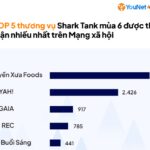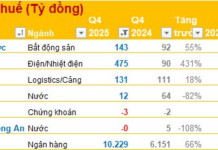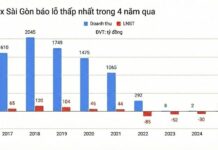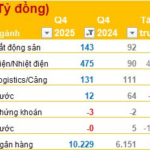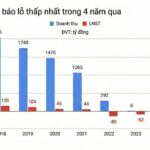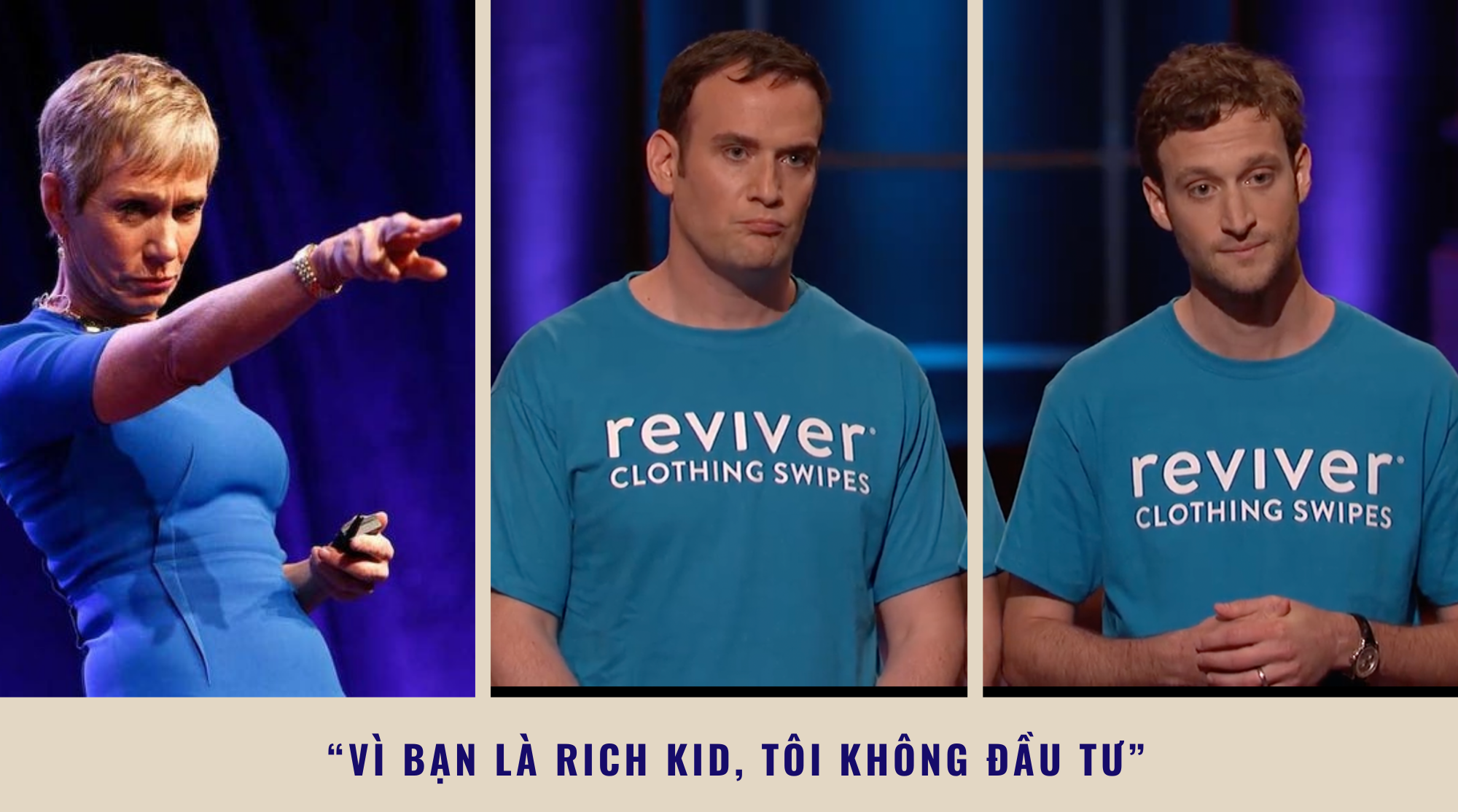
“Privileged children with successful parents will find it harder to succeed if they venture out on their own,” says investor Barbara Corcoran, a Shark on the American version of Shark Tank, in a 2018 Business Insider article.
“I have a rule: I don’t invest in Rich Kids,” Barbara once stated bluntly when two Rich Kids, whose father co-founded the GameStop retail empire, appeared on Shark Tank in 2014 to pitch their startup.
Brothers Ben Kusin (35) and Eric Kusin (31) entered the Shark Tank seeking $150,000 in exchange for 5% equity in their startup, Reviver Clothing Swipes, a deodorizing wipe for people and pets. The product had only been on the market for 10 months but had already generated $500,000 in sales, half of which came from a partnership with the pet retailer Petco.
– “How much money have you burned?” Shark Kevin O’Leary asked.
– “We’ve invested quite a bit…” Eric replied.
– How much?
– We received funding from our family. My father invested $2 million
– You value your company at $3 million, and your father has already invested $2 million…
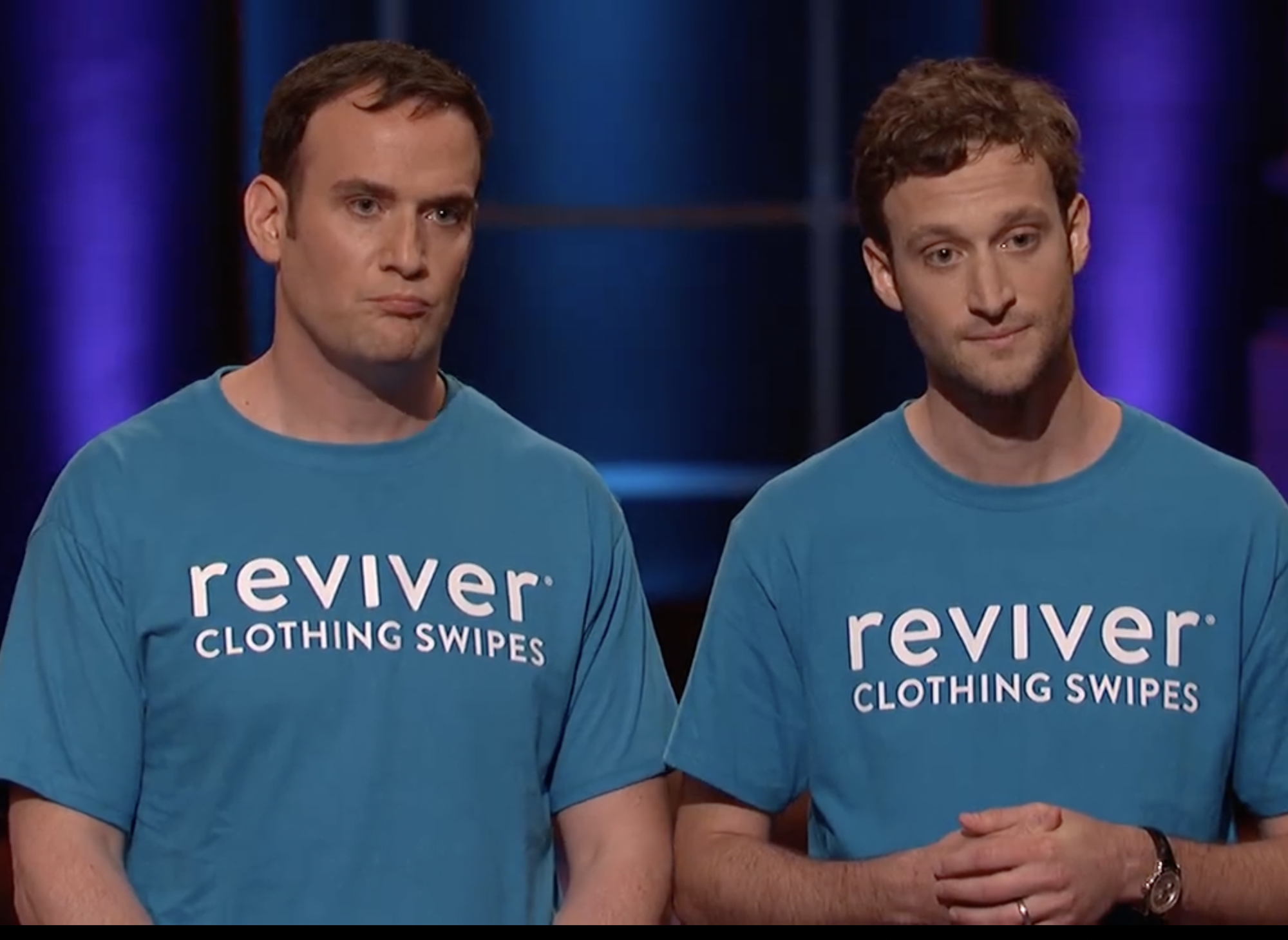
Ben and Eric Kusin on Shark Tank in 2014.
The boys’ father, Gary Kusin, is the co-founder of the GameStop retail empire and former CEO of FedEx Kinko’s (now FedEx Office).
While Shark Mark Cuban bluntly stated that the startup had no technology, and the two “princes” simply stood before their father and said, “Dear father, we have the technology…,” Shark Barbara also bluntly stated her rule of not investing in Rich Kids.
“You know, your biggest asset is a rich dad. I like Poor Kids, whose dads are poor, they always want it and know how to appreciate it,” Shark Barbara said.
“Rich Kids always get a good job because they have a good background, they intern at big companies every summer since they were teenagers. Poor Kids can only stand by the coffee table, pour coffee, and even get yelled at,” Shark Barbara added about investing in Rich Kids at the Insider’s Ignition event.
The shark, who worked her way up from being a waitress, observed that the Rich Kids who appeared on Shark Tank mostly attended top schools, especially business schools, which can lead to an “I know it all” attitude.
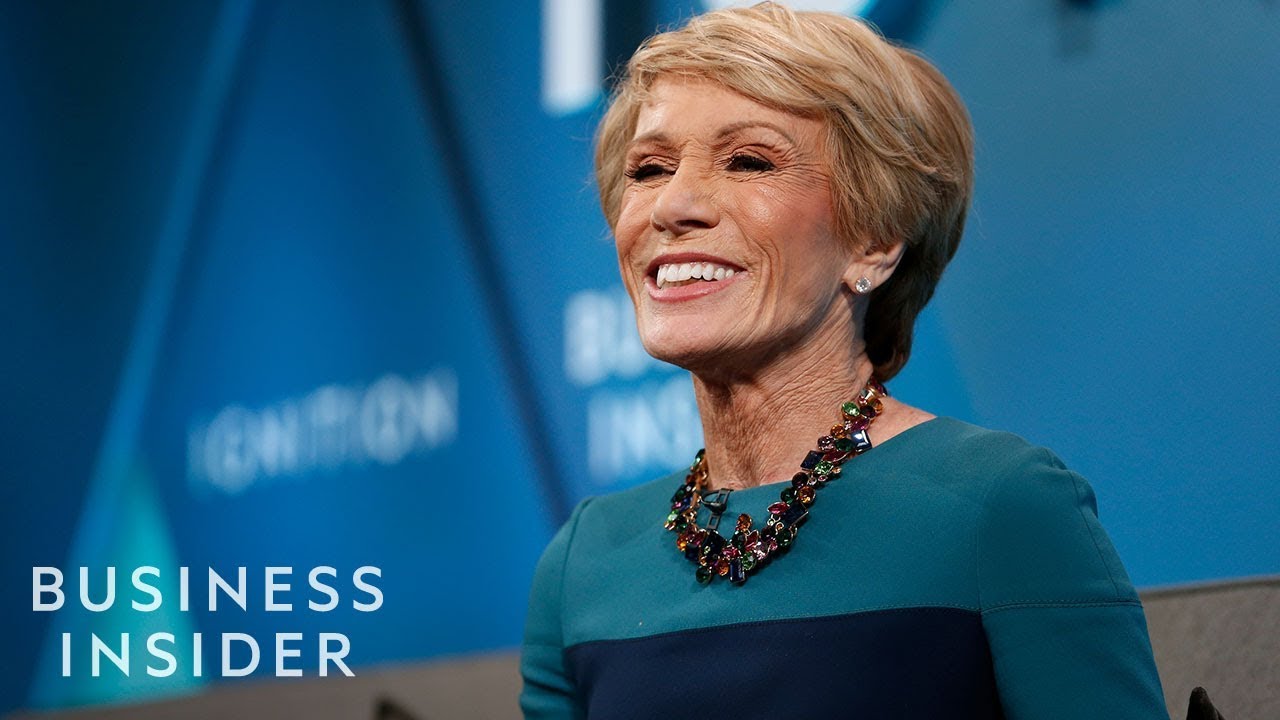
Shark Barbara Corcoran.
“‘I know it all’ is a dangerous trait when starting any venture. What Rich Kids really know is the business of observing, not the business of doing,” she added.
“On the other hand, Poor Kids often face challenges and are forced to enter the workforce early to support their families. They’ve seen their parents struggle to make ends meet and understand the value of money,” Barbara continued.
She believes that Poor Kids are one of the surest signs of a good investment, especially when they want to prove someone wrong.
“My first partner told me I would never succeed without him. Rather than let him see me succeed, I’d rather die. Another partner of mine, Sabin, said he had no father. And that father looked at him differently when he appeared on Shark Tank and wanted to reconnect.”
“Entrepreneurs are always fueled by the desire to prove something. It’s not the love of money that makes a great entrepreneur, most great entrepreneurs aren’t focused on making money, they’re focused on becoming extraordinarily successful”, Barbara said.
Returning to the pitch by the Rich Kids, Ben and Eric, Reviver Clothing Swipes eventually received a $150,000 investment from Shark Lori in exchange for a 15% stake.
According to House Digest, Reviver is now out of business. Eric and Ben have since ventured into restaurant businesses, home renovations, and video game development…
Shark Binh showcasing Phuong Oanh’s cooking skills on TV while expressing his views on raising children: “All assets belong to the father, the child will enter life empty-handed!”
According to Shark Binh, scarcity is the father of creativity. Startups are no different, as the lack of money forces them to think outside the box and innovate in order to succeed.
The ‘Secret’ to Vietnam’s Largest Bread Chain: From Street Stall to 1,000 Stores, Starting with Just 7.5 Million VND
With humble beginnings and a starting capital of just over $100, Banh mi Ma Hai has come a long way in the past decade. Today, this delicious deli boasts over 1,000 partners in its franchise model and a distribution network spanning the length and breadth of Vietnam. It’s an impressive achievement and a testament to the hard work and dedication of those involved.

